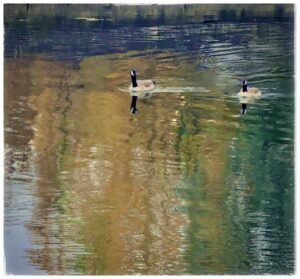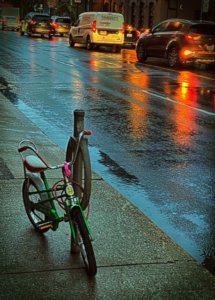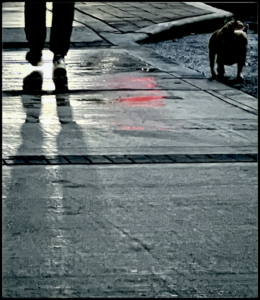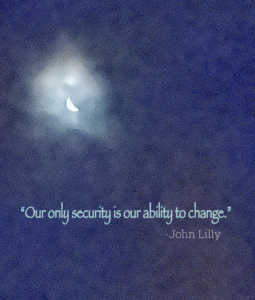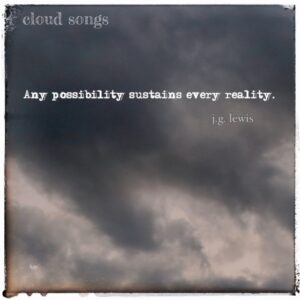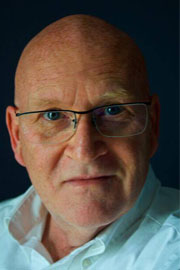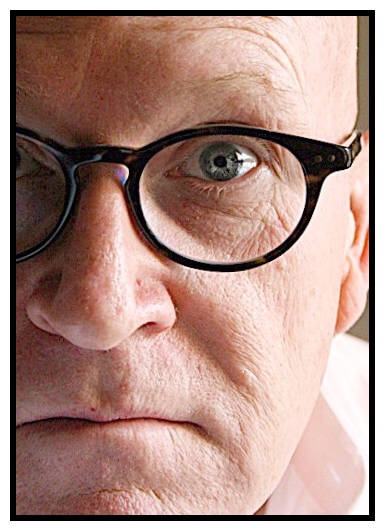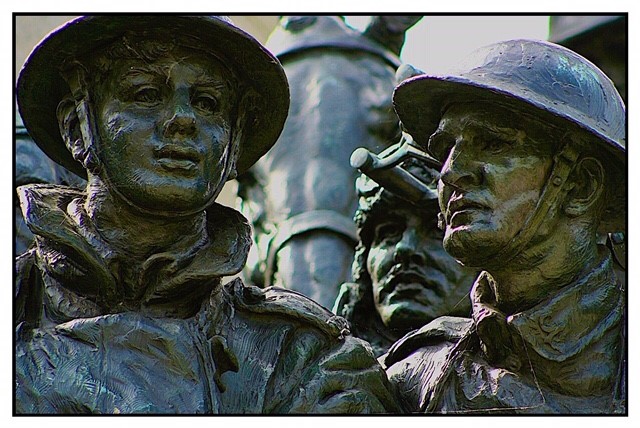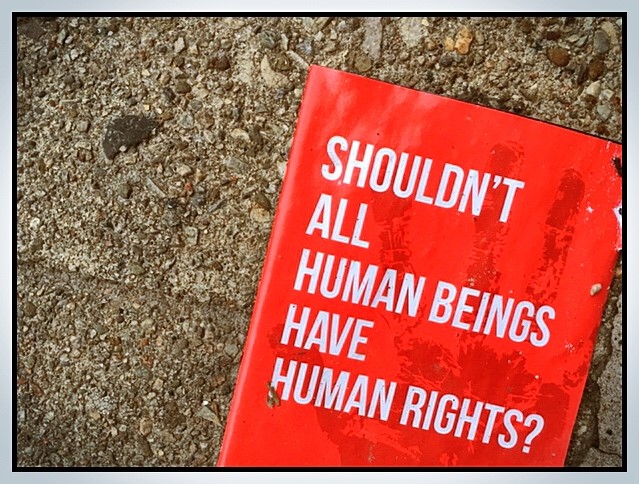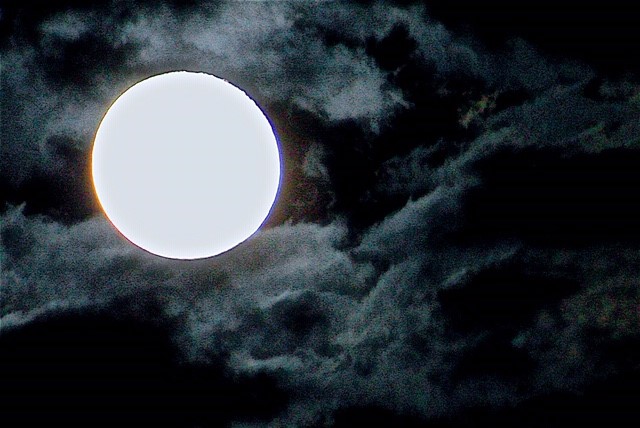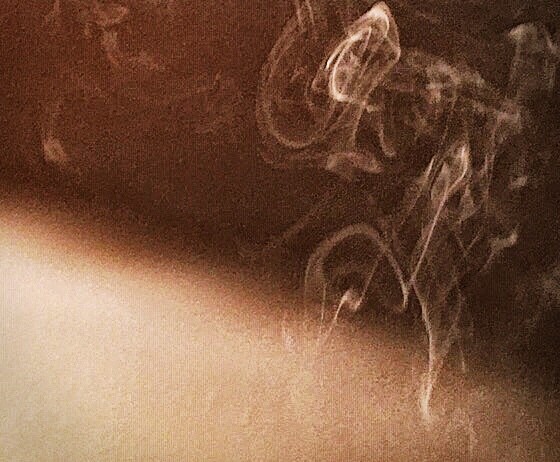I called up a friend on Saturday.
I had a question that couldn’t readily be answered by Google, and with my limited knowledge or recollection of the subject matter, I could not satisfy my curiosity.
It was while I was wondering or trying to figure this all out, that I suddenly had the idea that this certain friend may have an answer, opinion, or perspective I was looking for.
Now, I hadn’t spoken with this friend for quite some time. She lives in a different city, and while we do keep connected with occasional cards or letters and random comments on Facebook, it has been more than five years since we’ve actually met up in person.
Still, I felt comfortable enough picking up the phone and making contact.
I know I surprised her with the call, and her voice was as emphatically cheery as I remembered it to be. I asked the question; we conversed over the intended topic, and I valued her opinion and her recommendations. I expressed my appreciation for her thoughts, and then we went about randomly explaining certain aspects of our lives.
We spoke of each other’s families, upcoming holiday plans, interests and experiences, relationships, and all the stuff that friends talk about. It was the kind of conversation that seemed to pick up where it left off. We shared, in bits and pieces, what our lives were about in the moment. It is what friends do.
How one defines a friend — especially in these days where social media uses the term so broadly — is so very subjective. In my phone call Saturday, I realized that his friendship was far more than many others. I am blessed.
Saturday’s delightful conversation went a lot longer than I imagined it would. It also strengthened a connection that is now more than a decade old. Given that I will soon be moving, and we will soon be in the same city, I am looking forward to experiencing this friendship on a more regular basis.
A true friend is one you can call up at random, ask questions and have answers provided with clarity and consideration. Friendship recognizes where you are but eliminates the distance.
Friendship is the type of thing you want more of.
A friend is more than a name and number in your address book. Friendship allows you to use that number whenever it is needed.
11/25/2024 j.g.l.
